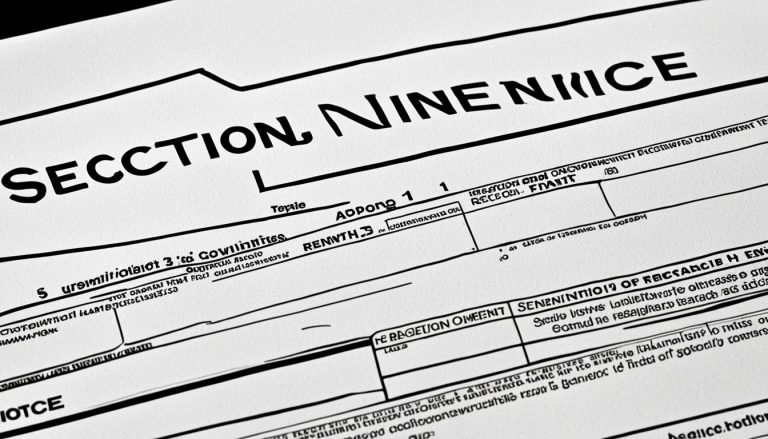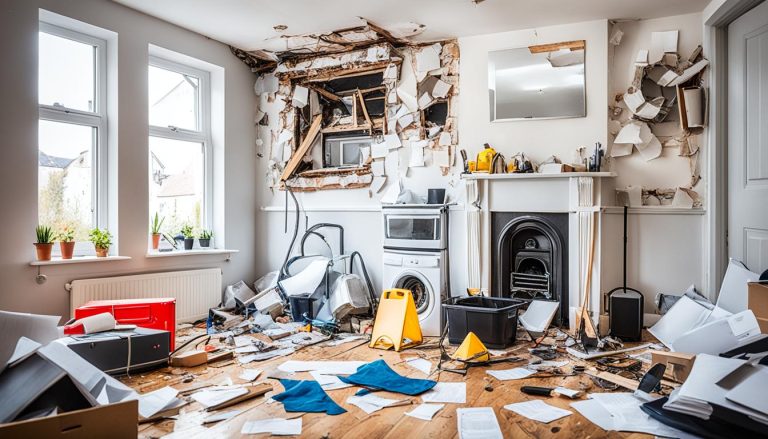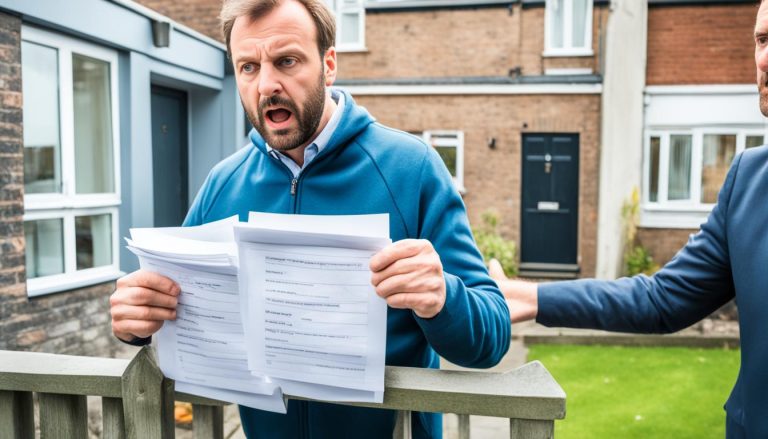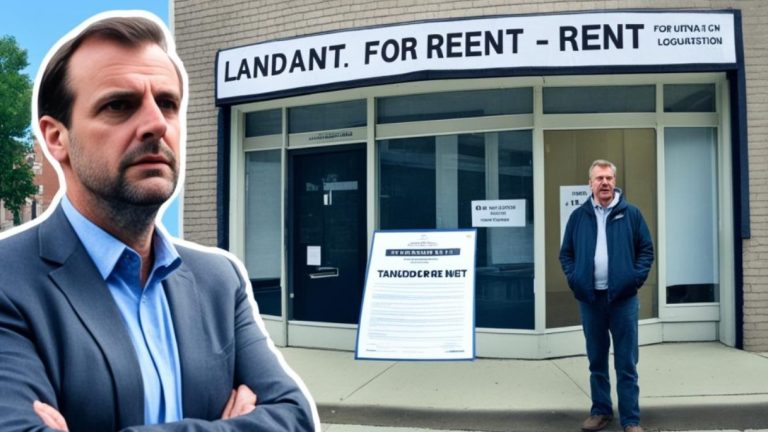Hot water is a necessity, not a luxury, in any modern home. It’s vital for hygiene, cooking, and maintaining a comfortable living environment. But what happens when your hot water stops working? In the UK, tenants have legal protections to ensure landlords address such issues promptly.
Under Section 11 of the Landlord and Tenant Act 1985, landlords are obligated to carry out essential repairs within a reasonable timeframe, especially in emergencies like no hot water.
This guide will explore your rights as a tenant, your landlord’s responsibilities, and the steps you can take to resolve hot water issues effectively.
Why Hot Water is Essential in Every Household?

Hot water plays a vital role in ensuring a household’s functionality and hygiene. A lack of hot water can lead to significant challenges, such as:
- Compromised Hygiene: Washing hands, bathing, and cleaning are severely impacted without hot water, increasing health risks.
- Emotional and Physical Stress: Living without hot water for extended periods can affect mental well-being and cause physical discomfort, especially in cold weather.
- Increased Costs: Tenants may need to use electric kettles or purchase alternative heating solutions, driving up energy bills unnecessarily.
A hot water system isn’t just a convenience; it’s a fundamental utility that ensures a home is habitable.
What Are the Landlord Responsibilities Regarding Hot Water in the UK?
Landlords in the UK are legally obligated to maintain rental properties in a safe and habitable condition, which includes ensuring the proper functioning of heating and hot water systems. This responsibility is outlined in Section 11 of the Landlord and Tenant Act 1985, which serves as the cornerstone for tenant protections regarding essential repairs. Here’s a comprehensive look at what this entails:
1. Ensuring Heating and Hot Water Systems Are Functional
Landlords must provide and maintain essential systems, including boilers, water heaters, and central heating units, in working condition. This involves:
- Regular inspections to prevent potential breakdowns.
- Addressing wear and tear promptly to avoid long-term damage.
- Ensuring that installations comply with safety and efficiency standards, such as annual gas safety checks for gas-powered boilers.
2. Timely Response to Repairs
When a tenant reports a problem, landlords are required to act promptly to address the issue. The timeframe for repairs is determined by the nature of the problem:
- Emergencies: Issues like no hot water or heating during cold weather are considered emergencies and must be addressed within 24 hours.
- Non-Urgent Repairs: Repairs that do not pose immediate harm to the tenant or property should still be resolved within 3-7 days depending on the severity and complexity.
For example, a boiler malfunction causing a complete loss of hot water in winter would demand immediate attention, while a minor issue like inconsistent water temperature might allow for a slightly longer timeframe.
3. Providing Temporary Solutions When Necessary
If repairs require time due to parts ordering or contractor availability, landlords should take interim measures to ensure tenants’ comfort. These may include:
- Providing portable heaters.
- Arranging for tenants to access hot water facilities elsewhere, such as a neighbour’s home or local gym.
- Offering a reduction in rent or compensation for inconvenience in prolonged cases.
4. Regular Maintenance Obligations
Preventative maintenance is just as critical as reactive repairs. Landlords must ensure:
- Annual Gas Safety Checks: By law, landlords must hire a Gas Safe registered engineer to inspect boilers and other gas appliances.
- Routine Inspections: Periodic checks of the heating system to detect potential issues early.
- Timely Upgrades: Replacing old or inefficient systems before they fail, especially if they pose a safety risk.
5. Compliance with Health and Safety Standards
Landlords are responsible for ensuring their property meets health and safety standards, which include maintaining a habitable environment. This is enforced under housing legislation such as the Housing Health and Safety Rating System (HHSRS). A lack of hot water is considered a serious hazard, and landlords can face enforcement action if they fail to address such issues.
6. Clear Communication with Tenants
A good landlord-tenant relationship hinges on effective communication. Landlords must:
- Provide tenants with a clear method for reporting problems, such as an email or dedicated repair hotline.
- Respond promptly to complaints and provide updates on repair timelines.
- Inform tenants about their rights and what to expect during repair processes.
7. Financial Accountability
The cost of maintaining and repairing heating and hot water systems falls squarely on the landlord. It is their duty to ensure that financial constraints do not delay critical repairs. Passing these costs to tenants, either directly or indirectly, is prohibited under UK law.
What Tenants Should Do When Hot Water Stops Working?

If you’re left without hot water, it’s important to take proactive steps to address the situation:
- Notify Your Landlord Immediately:
- Clearly describe the issue and its impact on your daily life.
- Highlight any urgency, such as cold weather or vulnerable residents (e.g., children, elderly tenants).
- Document All Communications:
- Keep a written record of all interactions, including emails, text messages, or letters.
- Take photos or videos of the issue, such as a non-functioning boiler or broken water heater.
- Follow Up on Repairs:
- If your landlord fails to act within the expected timeframe, send a formal written complaint or reminder.
- Seek External Help if Necessary:
- If the problem persists, escalate it to your local council or a tenant rights organisation like Shelter.
Legal Timeframes for Repairs
The term “reasonable time” often causes confusion among tenants. Here’s a breakdown based on UK housing regulations:
| Type of Repair | Timeframe for Action |
| Emergency repairs (e.g., no hot water or heating) | 24 hours |
| Non-urgent repairs (e.g., minor boiler issues) | 3-7 days |
| Major repairs (e.g., replacing a boiler) | 2-4 weeks, depending on complexity |
In emergencies, landlords are expected to act immediately to prevent further inconvenience or harm to tenants.
What Are the Consequences for Landlords Failing to Act?
When landlords fail to address critical issues like a lack of hot water, they not only inconvenience their tenants but also risk legal and financial repercussions. Ignoring such responsibilities can escalate the situation, leading to disputes, penalties, and even court action. Here’s an in-depth look at the potential consequences landlords may face if they fail to act promptly:
1. Tenant Complaints to Local Councils
Tenants who experience prolonged delays or unresponsiveness from landlords have the right to report the issue to their local council. Councils have the authority to:
- Conduct Inspections: Local councils can inspect the property under the Housing Health and Safety Rating System (HHSRS) to determine if the lack of hot water constitutes a hazard.
- Issue Improvement Notices: If the issue is deemed serious, the council may serve the landlord with an improvement notice requiring them to fix the problem within a specified timeframe.
- Enforce Emergency Repairs: In extreme cases, councils can arrange for repairs themselves and recover the costs from the landlord.
2. Legal Action Through Housing Tribunals or Courts
When landlords fail to address essential repairs like hot water, tenants can escalate the matter through legal channels. This may involve:
- Housing Disrepair Claims:
Tenants can file a disrepair claim to seek compensation for the inconvenience, stress, or additional costs incurred due to the landlord’s inaction. For instance, if tenants had to purchase electric heaters or visit facilities for hot water, these costs could be reimbursed. - Breach of Contract Cases:
Failing to provide hot water could be considered a breach of the tenancy agreement, leading to legal disputes. Tenants may seek to terminate their lease or claim damages. - Court-Ordered Repairs:
A court can compel landlords to perform repairs, often accompanied by financial penalties or additional costs.
3. Financial Penalties and Fines
Landlords who disregard their legal obligations may face substantial fines. Under UK housing regulations, councils and courts can impose financial penalties for non-compliance, which can range from hundreds to thousands of pounds depending on the severity and duration of the issue.
4. Compensation for Tenants
Tenants who suffer due to unresolved hot water issues may be entitled to compensation. This can include:
- Refunds on rent for the period during which the property was deemed uninhabitable.
- Reimbursement for alternative arrangements, such as staying in hotels or using public facilities.
- Compensation for emotional distress or health issues caused by the prolonged lack of hot water.
5. Damage to Landlord Reputation
In today’s interconnected world, poor landlord behaviour can quickly become public knowledge. Tenants dissatisfied with their landlord’s inaction may:
- Leave Negative Reviews:
Online platforms like Trustpilot or Google Reviews can amplify tenant grievances, potentially deterring future tenants. - Publicise Issues on Social Media:
Stories about unresponsive landlords often gain traction, harming their reputation and standing in the rental market.
6. Loss of Rent Income
Prolonged disputes and unresolved issues can lead to financial losses for landlords:
- Tenants Withholding Rent:
Although withholding rent is not advised without legal advice, tenants may still take this step in frustration, leading to rent arrears disputes. - Vacancy Losses:
Tenants may choose to vacate properties where essential repairs are consistently neglected, leaving landlords with vacant units and lost income.
7. Landlord Blacklisting
Severe or repeated violations may result in landlords being added to local authority blacklists. Being blacklisted can:
- Restrict their ability to let properties in certain areas.
- Make it difficult to access buy-to-let mortgage products or insurance policies.
Emergency Repairs: When to Seek Immediate Help
Some hot water issues are classified as emergencies. These include:
- Complete loss of hot water during winter months.
- Issues affecting elderly or vulnerable tenants.
- Boiler malfunctions that pose a safety risk (e.g., gas leaks).
In such cases, if your landlord is unresponsive, contact your local council or an emergency plumber (if covered in your rental agreement).
Tips for Tenants: Protecting Your Rights

To safeguard your rights as a tenant:
- Understand Your Tenancy Agreement:
Ensure you’re aware of your landlord’s repair obligations and your own responsibilities. - Avoid Withholding Rent Without Legal Advice:
Withholding rent can lead to eviction unless sanctioned by a court. - Seek Professional Help:
Contact organisations like Shelter or Citizens Advice for guidance on handling landlord disputes.
Conclusion
Hot water is an essential utility, and landlords have a legal obligation to ensure its availability in rental properties.
By understanding your rights under Section 11 of the Landlord and Tenant Act 1985, you can address hot water issues effectively and hold landlords accountable. If repairs are delayed or ignored, don’t hesitate to seek assistance from local authorities or housing experts.
FAQs About Hot Water Issues
What is considered a reasonable repair time for hot water in the UK?
A reasonable timeframe is usually 24 hours for emergencies and up to 7 days for non-urgent repairs.
Can tenants withhold rent if hot water isn’t fixed?
While you can’t unilaterally withhold rent, you may seek legal remedies if your landlord fails to act.
Who is responsible for emergency repairs?
Landlords are responsible for all emergency repairs under UK housing laws.
How can I escalate a complaint about my landlord?
You can report the issue to your local council or take legal action through a housing tribunal.
Are landlords obligated to provide alternative solutions?
Yes, landlords may need to provide temporary fixes, like portable heaters, during prolonged repair delays.
What legal protections exist for vulnerable tenants?
Additional protections may apply for elderly or disabled tenants, ensuring their safety and comfort.
What is a housing disrepair claim?
A legal claim tenants can file to seek compensation for unresolved issues affecting their health or quality of life.






